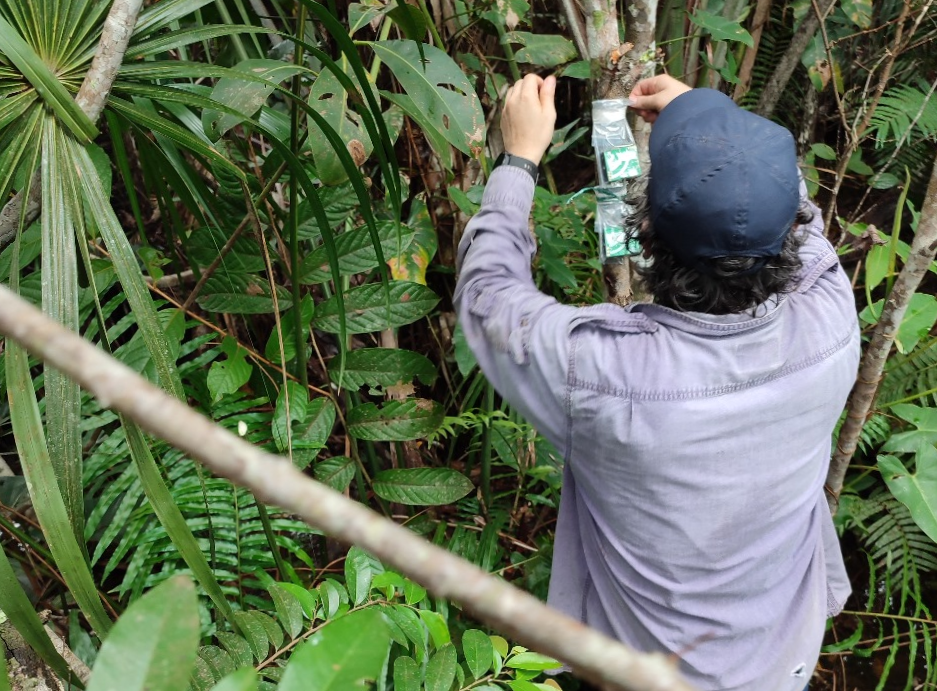The objective is to contribute to the conservation and preservation of biodiversity, based on the identification of the sounds of birds and frogs

Ecoacoustics, that is, the study of natural sounds in an environment, takes into account the interaction between organisms presented in that location, gains, with artificial intelligence, an important reinforcement to assist in the conservation and preservation of biodiversity. This is what a project developed by professors Juan David Martinez Vargas, from Universidad Eafit, and Paula Andrea Rodriguez Marins, from the Instituto Tecnológico Metropolitano (ITM), in Colombia, aims to achieve. Biological Conservation research using artificial intelligence aims to record animal sounds in nature and, using technological tools developed specifically for the study, analyze changes in the environment over time.
From 2024 onwards, the project will have a partnership with Feevale University to assist in the development of artificial intelligence techniques, through the Postgraduate Program in Creative Industry. The challenge is to create algorithms to automatically identify the degrees of change or disturbance in the environment, quantifying the disturbance gradients in ecosystems and verifying how they are connected to each other.
The first stages of the project are already taking place in the tropical forest regions of the Caribbean and Meta Colombia, where the team of researchers has installed recorders to capture the sounds of birds and frogs in those regions. Over several weeks, the devices perform one-minute recordings every 15 minutes; Afterwards, the equipment is removed, and the audio is processed in the laboratory. A transdisciplinary team made up of biologists will help identify the sounds in the recordings, after which the algorithm will find the same species and label the different ones. Currently, the recordings include around 20 species of bird songs recorded.
Feevale is now in the stage of helping to build the species recognition algorithm and the tool that contains it, which is already being developed by a team of researchers and fellows from Colombia called Ecosonos. Another stage of the project will be to make the audio captured in the field available to interested parties in a database, using a tool called Ecoacusticbank (not yet available).
“We intend, through the project, to create systems and methodologies, based on artificial intelligence, that can assist in decision-making for the creation of ecosystem conservation policies”, explains Paula. “Feevale is a great reference for cooperation, which is why we want to include it in the second part of the project to develop artificial intelligence techniques in the area of biological conservation, creating opportunities for collaboration in the development of joint projects, encouraging the mobility of students and teachers interested in this area of AI and Ecoacoustics”, adds Vargas.


